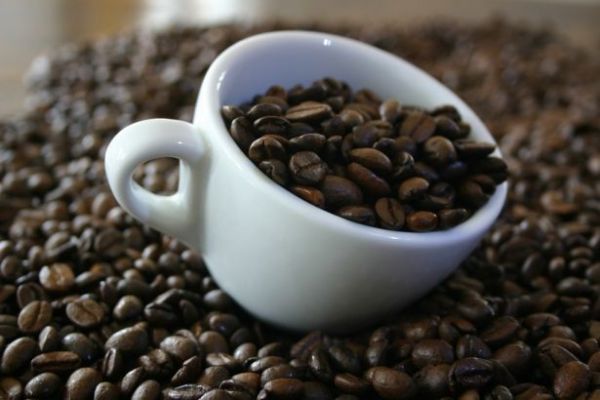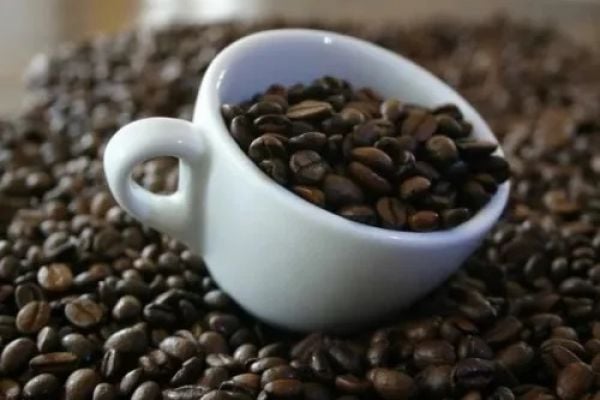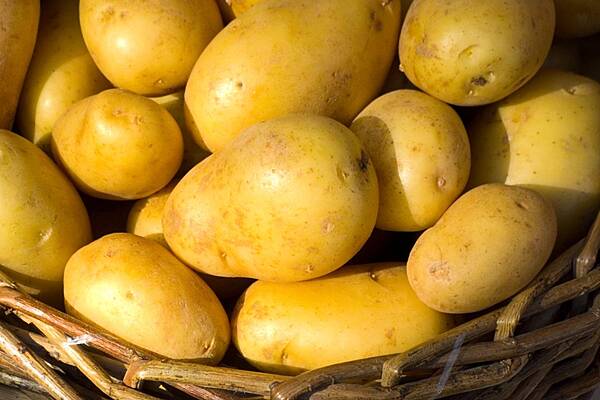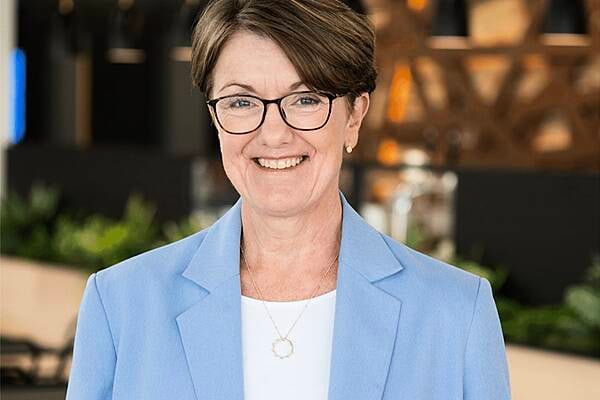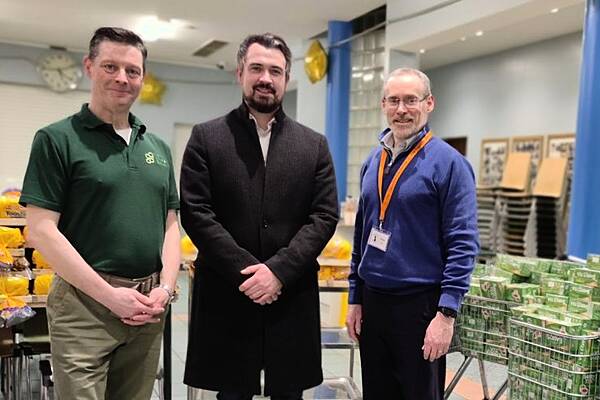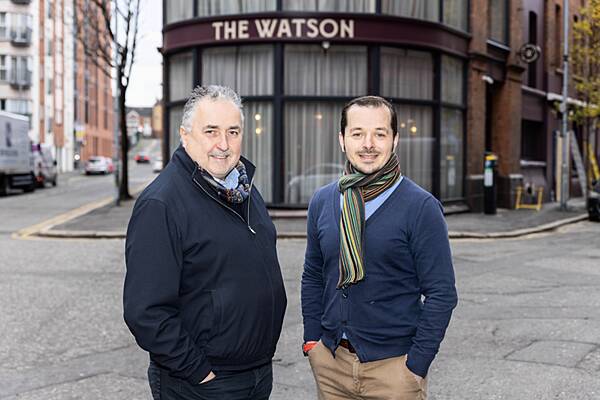It’s a good day for coffee drinkers and for the $77 billion global industry that keeps you wired. The world’s top authority on cancer risk declared Wednesday that there’s no evidence to link drinking coffee to increased risk of cancer.
But hold onto the creamer, because the World Health Organization’s cancer research body did raise some broader concerns about the consumption of hot beverages. There’s limited evidence that beverages hotter than 65 degrees Celsius (149 degrees Fahrenheit) probably pose some cancer risk.
The organization is cautioning that very hot liquids are “probably carcinogenic” to humans, based on expert analysis of both human and animal research. Coffee and other hot drinks are typically served at 160 degrees Fahrenheit or hotter, according to a 2008 study in the journal Burns. That's hot enough to scald. The good news is that most people generally prefer to drink their coffee at around 140 degrees, which is below the potential danger zone.
The WHO’s International Agency for Research on Cancer is constantly evaluating hazards associated with things we encounter every day, from obscure chemicals to sunshine to coffee. Last October, when the group said processed meat causes cancer, and that plain old red meat probably does as well, Bloomberg published a detailed look at how the IARC makes its designations, along with what they mean.
For more on how global health authorities evaluate potential carcinogens, click here.
It bears noting that just because the WHO didn't find any evidence, it doesn't mean there isn't any linking coffee to cancer. The official judgment is that coffee is "not classifiable" with respect to cancer. "The data do not permit a conclusion, either that it is safe, or that it is dangerous," Dana Loomis, deputy head of the IARC monographs section said. (The popular South American drink mate was similarly classified, when it is not consumed very hot.)
It’s also important to realize that just because something is deemed carcinogenic doesn’t mean it’s as dangerous as, say, smoking. The risks tied to eating meat are a good illustration of this. Scientists convened by IARC estimated (PDF) that a daily 50 grams of processed meat—a couple of slices of bacon, say—increases the risk of colon cancer by 18 percent.
That may sound scary, but keep in mind that fewer than one in 20 people will be diagnosed with this kind of cancer in their lifetimes, and lots of those people get the bad news late in life. Generally, the overall risk is low. An additional daily serving of bacon increases a person’s absolute risk of ever getting colon cancer from about 4.5 percent to 5.3 percent. (People may want to take it easy on the meat for reasons unrelated to cancer, as part of a healthy diet to prevent obesity and cardiovascular disease.)
The same kind of dynamic is at play with the risk of hot beverages. “All one can take from these things are hints,” said Otis Brawley, chief medical officer of the American Cancer Society.
Coffee’s plight shows just how tricky evaluating cancer risk can be. An IARC analysis in 1991 indicated that coffee might pose a potential risk for bladder cancer. Brawley read that study and even taught it to graduate students. He said it didn’t concern him enough to moderate his own two-to-three cup a day habit.
This time around, the agency evaluated evidence from more than 1,000 subsequent studies and found no basis for linking coffee to cancer. There were even indications that it might have a protective benefit for some malignancies, including liver cancer.
The coffee industry rejoiced. In an e-mailed statement, Bill Murray, president of the National Coffee Association, said the "finding is great news and highly significant for coffee drinkers and confirms evidence from an avalanche of studies by highly respected and independent scientists.”
Brawley, of the American Cancer Society, said nothing in the new report should cause people to change their eating or drinking habits. And while the science on coffee and hot beverages is important, it shouldn’t distract from behaviors that pose clear health risks.
“I’m much more concerned about alcohol—and more concerned about smoking than I am alcohol,” Brawley said. “Those are huge causes of many of these cancers.”
When putting health risks in context, smoking is the big one. Being a smoker is equivalent to adding five to 10 years to your current age, one analysis found. It’s the biggest cause of preventable death, accounting for nearly half a million deaths a year in the U.S.
As for the potential risk of hot beverages, Brawley said the solution is simple. “If somebody is concerned about it, just let the drink cool down a little bit.”
News by Bloomberg, edited by Hospitality Ireland
